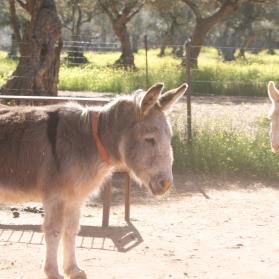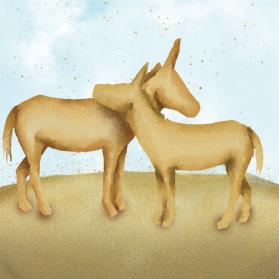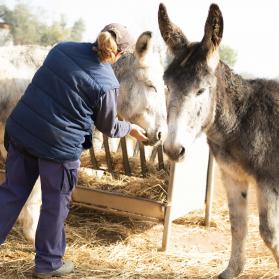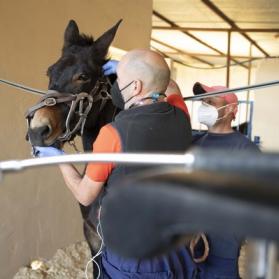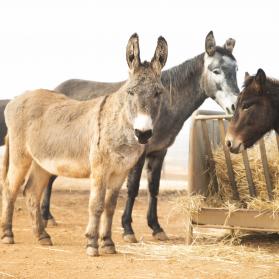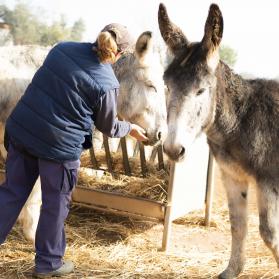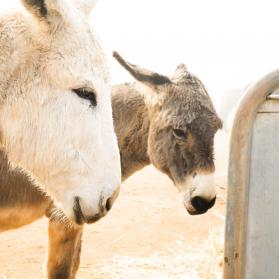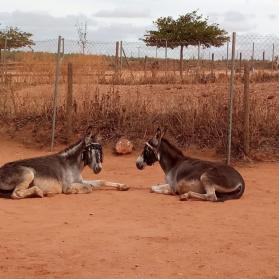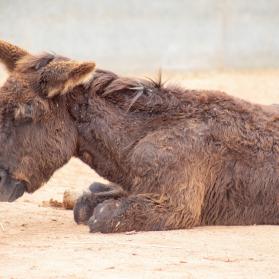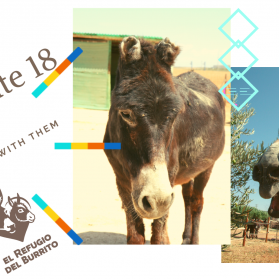Caring for the Geriatric Donkey: Promoting Health and Well-being in Old Age
Donkeys are sturdy and resilient animals, but like any living beings, they age over time. While it is often said that a donkey's life expectancy is around 40 years, the reality is that many of them begin to show signs of aging as early as 20 years, and the average life expectancy is below 30 years. Therefore, it is crucial to pay special attention to the care of geriatric donkeys, those that have surpassed the 20-year mark, to ensure that they enjoy a full and healthy life in their later years. Here are some key considerations to ensure the well-being of your senior donkey.

